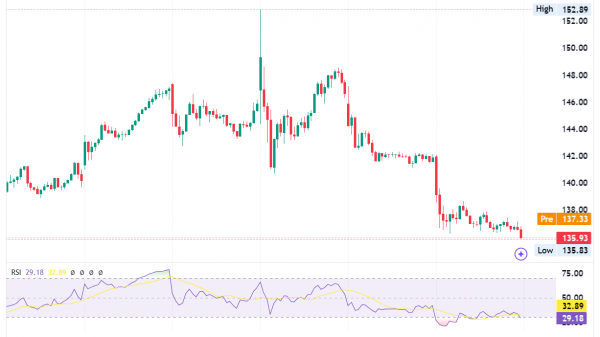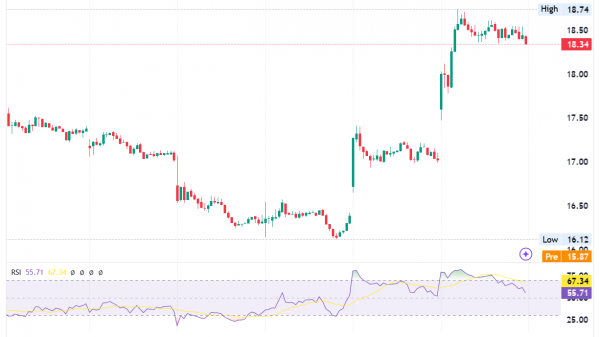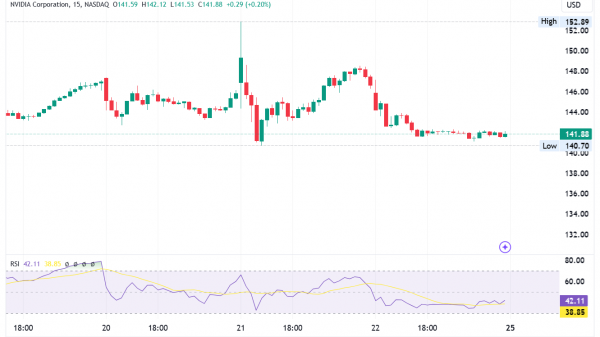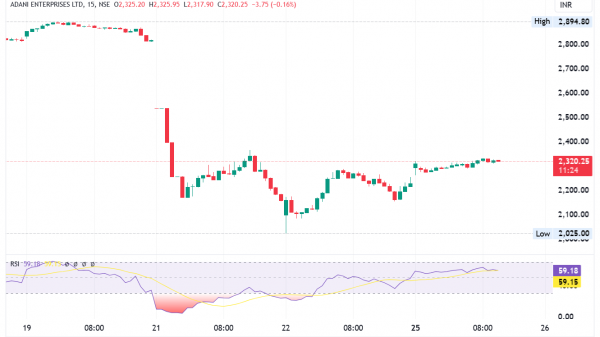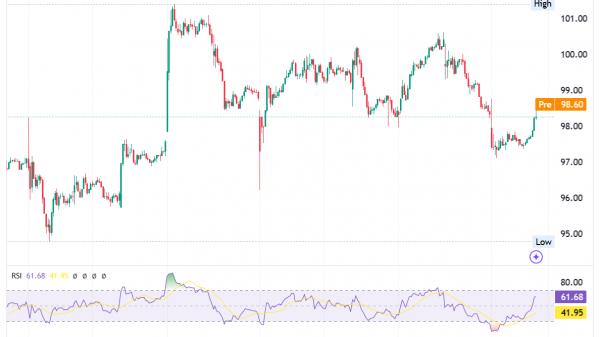How to be a Consistent Trader: A Beginner’s Guide
Becoming a consistent trader in the Forex market is a challenging endeavor that requires discipline, knowledge, and a strategic approach. It isn’t surprising that all traders have numerous questions about the Forex market. For example, “How to become a consistent trader?” or “How to become a consistent Forex trader?”
Consistency in trading means being able to generate profits over time while managing risks effectively. Here are some tips and strategies to help you become a more consistent Forex trader:
Educate yourself: Knowledge is power in the Forex market. Take the time to learn about the basics of Forex trading, including how the market operates, fundamental and technical analysis, risk management strategies, and trading psychology. Numerous online resources, courses, and books are available to help you build a solid foundation.
Develop a trading plan
A trading plan is essential when it comes to questions such as, “How to be a consistent trader?” Define your trading goals, risk tolerance, preferred trading style (such as day trading, swing trading, or position trading), and the currency pairs you want to focus on. Your plan should also include entry and exit criteria and rules for managing trades and mitigating losses.
A trading plan is a roadmap for success in the forex market, providing traders structure, discipline, and guidance. Firstly, it helps traders define their objectives, whether they’re seeking short-term profits or long-term growth and sets clear goals for achieving them. Additionally, a trading plan outlines the trader’s preferred trading style, whether it’s day trading, swing trading, or position trading, and specifies the currency pairs they’ll focus on.
Besides, a trading plan includes entry and exit criteria, detailing the conditions under which trades will be entered and exited. This helps traders make informed decisions based on logic rather than emotion, reducing the likelihood of impulsive or irrational trades.
Risk management strategies are also an integral part of a trading plan, ensuring that traders only risk a predetermined amount of their capital on each trade and use tools like stop-loss orders to minimize losses.
Risk management
Managing risk is crucial to long-term success in Forex trading, when discussing questions such as, “How to be a consistent trader?”
Never risk more than you can afford to lose on a single trade, and consider using stop-loss orders to limit potential losses. Many successful traders adhere to the 1% rule, which means risking no more than 1% of your trading capital on any given trade.
It’s wise to start with a small trading account when you’re just starting out. This will allow you to gain experience and refine your trading strategy without risking large amounts of capital. You can gradually increase your position sizes as you become more confident and consistent.
The role of emotions
Emotions can cloud judgment and lead to impulsive decision-making. Fear, greed, and overconfidence are common pitfalls for traders. Develop the discipline to stick to your trading plan and avoid making emotional trades based on fear of missing out (FOMO) or the desire to recoup losses quickly.
Stick to your strategy: Consistency comes from following a well-defined trading strategy over time, even during periods of drawdowns or losses. Avoid constantly switching strategies or chasing after the latest trading fads. Instead, focus on mastering one or two strategies that align with your trading style and risk tolerance.
Keep a trading journal: Keeping a detailed trading journal can provide valuable insights into your trading performance. Record every trade you make, including the rationale behind your decisions, entry and exit points, and the outcome of the trade. Reviewing your journal regularly can help you identify patterns, strengths, and areas for improvement.
Continuous learning and adaptation: The Forex market is constantly evolving, so staying informed and adapting your trading strategies is essential. Stay up-to-date with market news, economic indicators, and geopolitical events that could impact currency prices. Continuously seek to expand your knowledge and skills through reading, attending webinars, and engaging with other traders.
Patience and discipline
Consistency in Forex trading requires patience and discipline. It’s important to wait for high-probability trading setups that align with your strategy rather than forcing trades out of boredom or impatience. Remember that successful trading is a marathon, not a sprint, and focus on the long-term results rather than short-term gains.Seek mentorship or join a trading community: Learning from experienced traders or joining a trading community can accelerate your learning curve and provide valuable support and accountability. Surround yourself with like-minded individuals who share your passion for trading and are committed to helping each other succeed.
In conclusion, becoming a consistent Forex trader requires a combination of education, discipline, risk management, and continuous learning.
By following a well-defined trading plan, managing risk effectively, controlling emotions, and staying informed about market developments, you can increase your chances of success in the competitive world of Forex trading. Remember that consistency takes time and effort, but with dedication and perseverance, it is achievable.
The post How to be a Consistent Trader: A Beginner’s Guide appeared first on FinanceBrokerage.
















